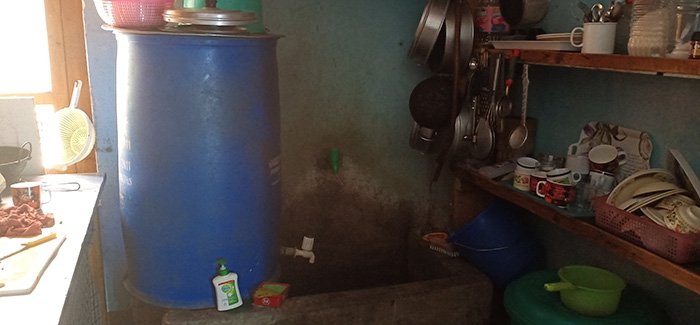Phurpa Lhamo | Wangdue
The project to extract drinking water from a new source for the residents of Bajo town is expected to begin in 2021 under the water flagship programme.
The dzongkhag has proposed a budget of Nu 152 million (M) to bring water from Wakhashong—around 25km from Bajo.
According to the dzongkhag municipal engineer, Sangay Lhamo, following a recommendation from the works and human settlement ministry, the dzongkhag and ministry officials visited the site in April.
She added that the water yield from the new source was 142.22 litres/second. This is more than 27.7 litres/second from the existing source in Baelangdra in Kazhi.
“Turbidity is zero and there are no settlements at the new source. We will finish the survey by June,” Sangay Lhamo said.
Today, drinking water for around 12,000 residents of Bajo town is extracted from Baechhu in Baelangdra.
According to a Bajo town committee representative, Kuengaa Dorji, the current source was located among settlements where agriculture works were prominent.
Because of which he added that the surface runoff from these villages flowed directly into Baechhu.
While residents pointed out that the water turbidity was high in Bajo, Sangay Lhamo said that there were treatment plants. “We have treatment plant, which is very similar to a water filter. The water is safe to drink. We also test the water in the reservoir.”
The town residents receive water for four hours each in the morning and in the evening every day.
However, for buildings located on the higher profile, the water runs for a maximum of two hours.
Some landlords also use water pumps to make water available to the tenants.
According to a restaurant owner, Tashi Lham, the water force wasn’t strong enough to reach the residents in the building.
“We have to rush and wash the hotel linens when we don’t have customers.”
With the population growing and the township with it, water shortage is becoming a major problem in Bajo town.
A building owner at Bajo, Tshering Lham said that with the pumps, it was necessary to keep watch, as the pumps would heat up if water ran out. “Amid Covid-19 running water is essential. And people constantly complain about it.”


